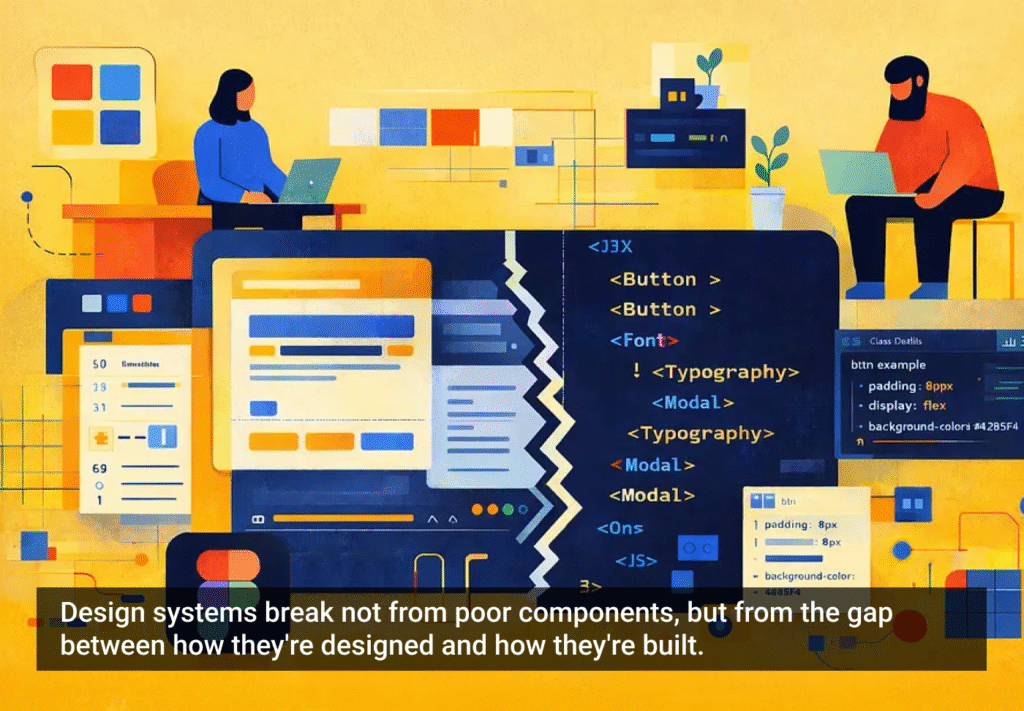Save
You can now explore applications from the finalists in the Design for Experience awards on the official awards site.
The opportunity to dig deeper into more of the applications in the program provides an excellent opportunity to gain insight into some of the best work being done in experience design. Our series of articles examining the results in each category will continue in the coming days with Bringing Order to Big Data.
Presented by UX Magazine, the awards program recognizes people, teams, products, services, and companies that have excelled in all aspects of experience design. Design for Experience (DfE) is a community organization of passionate practitioners and academics maturing practices related to human-centered research, design, strategy, and engineering.
UX Magazine Staff
UX Magazine was created to be a central, one-stop resource for everything related to user experience. Our primary goal is to provide a steady stream of current, informative, and credible information about UX and related fields to enhance the professional and creative lives of UX practitioners and those exploring the field. Our content is driven and created by an impressive roster of experienced professionals who work in all areas of UX and cover the field from diverse angles and perspectives.







